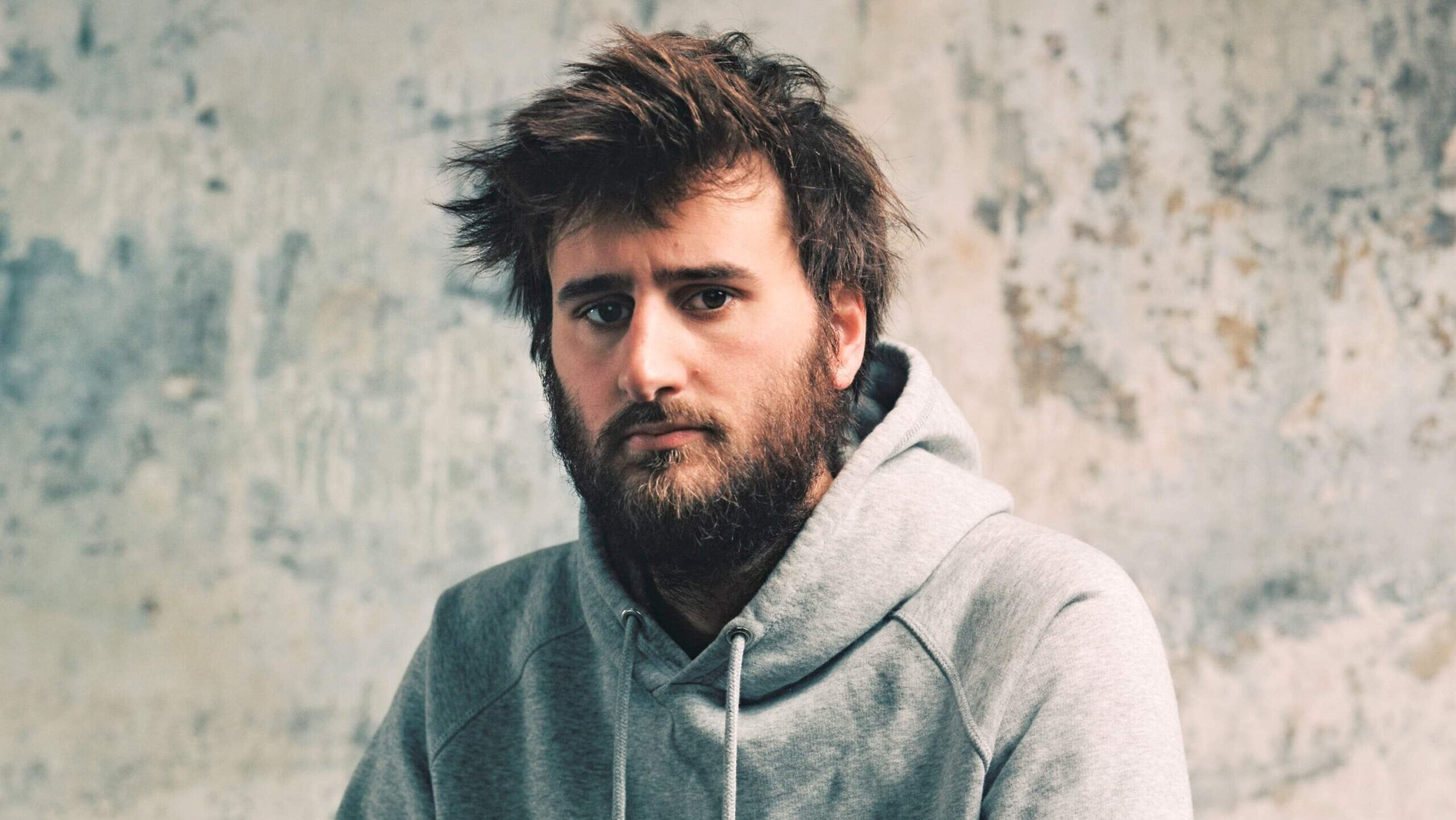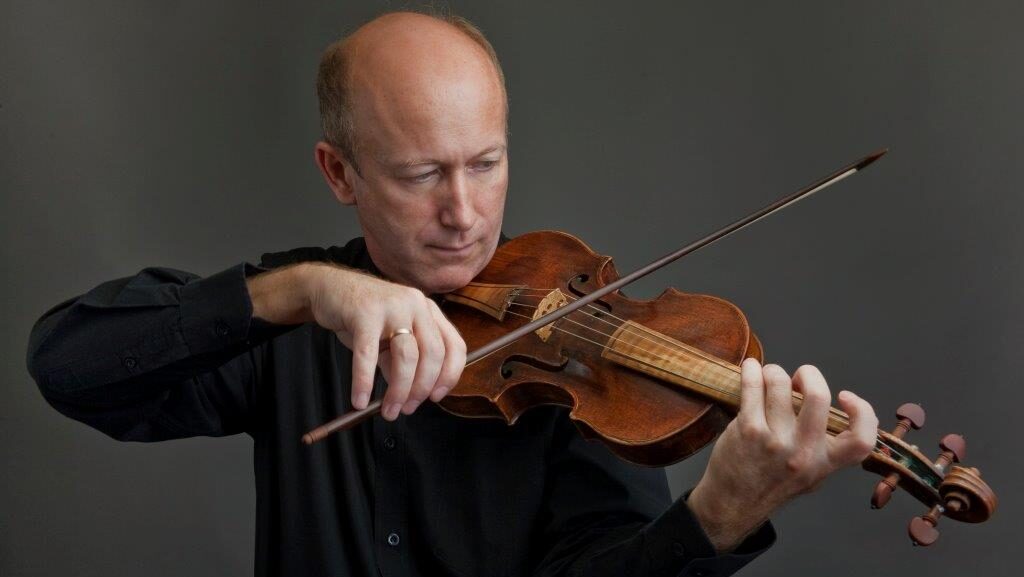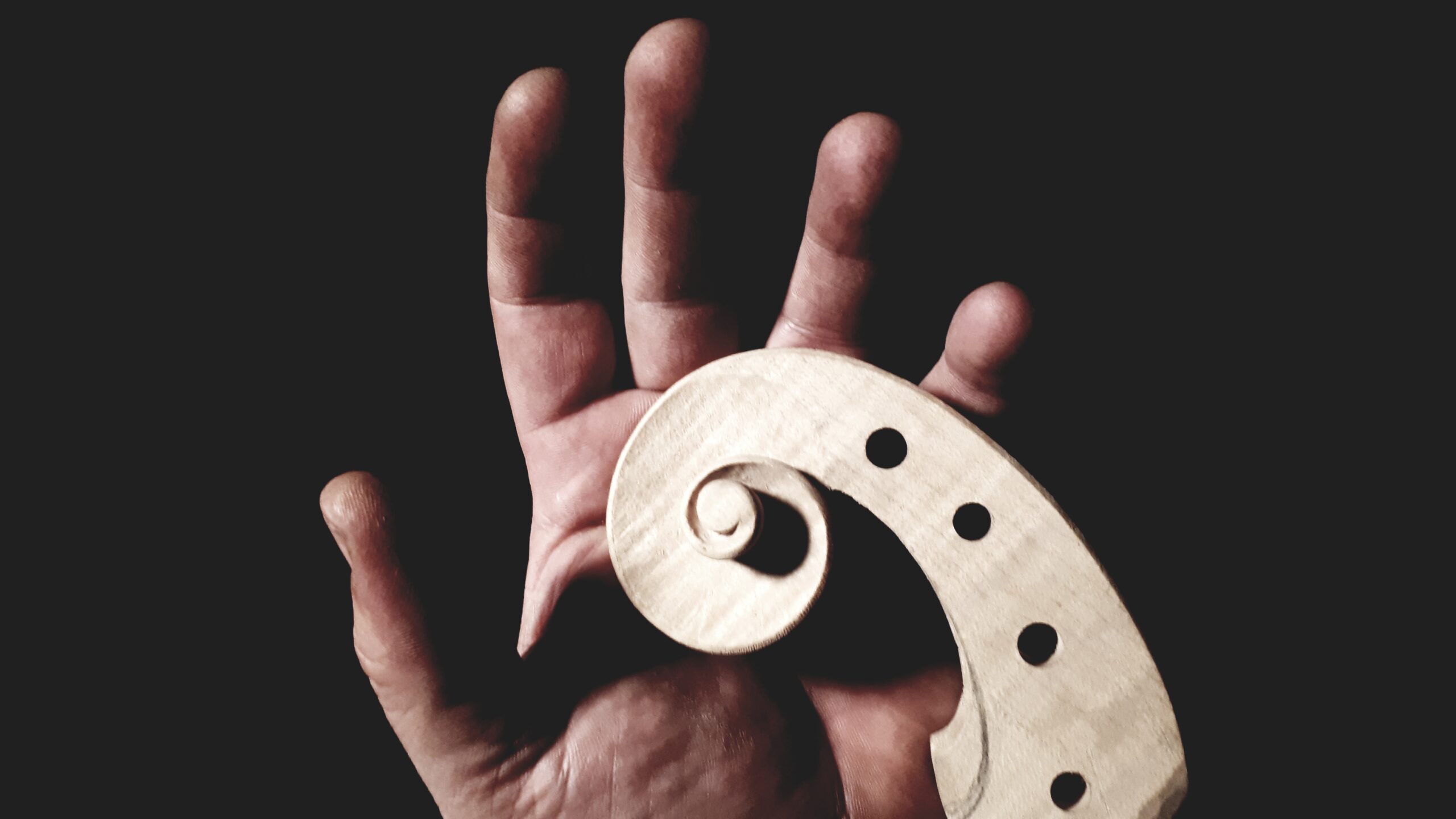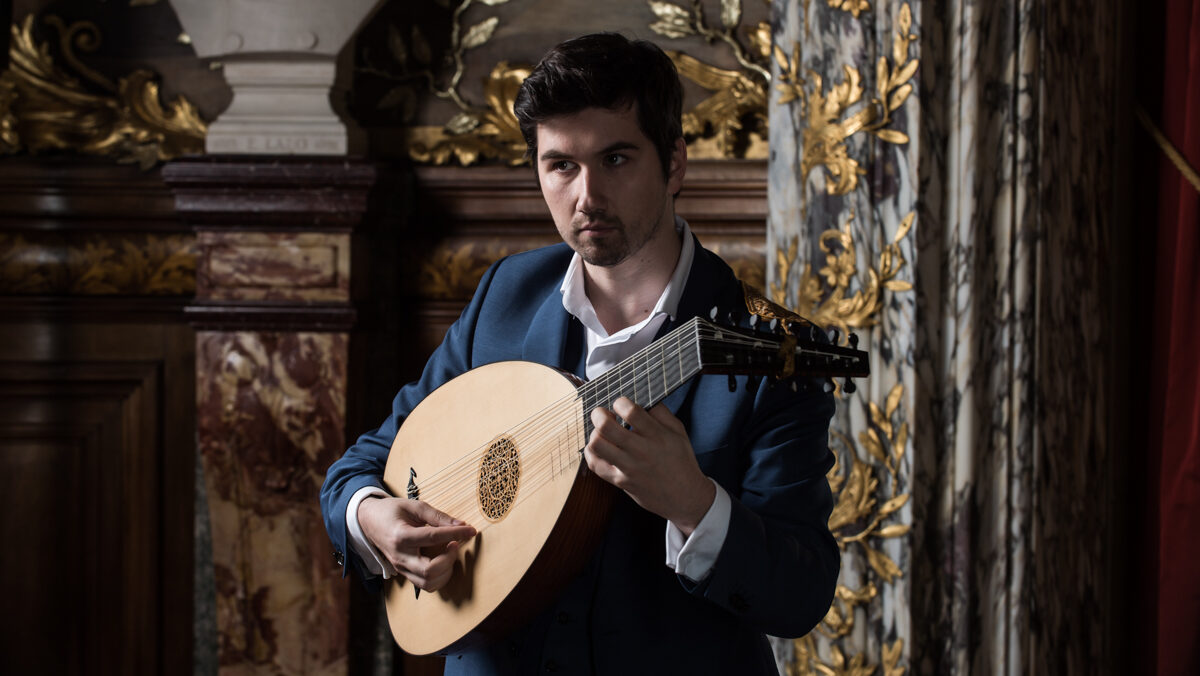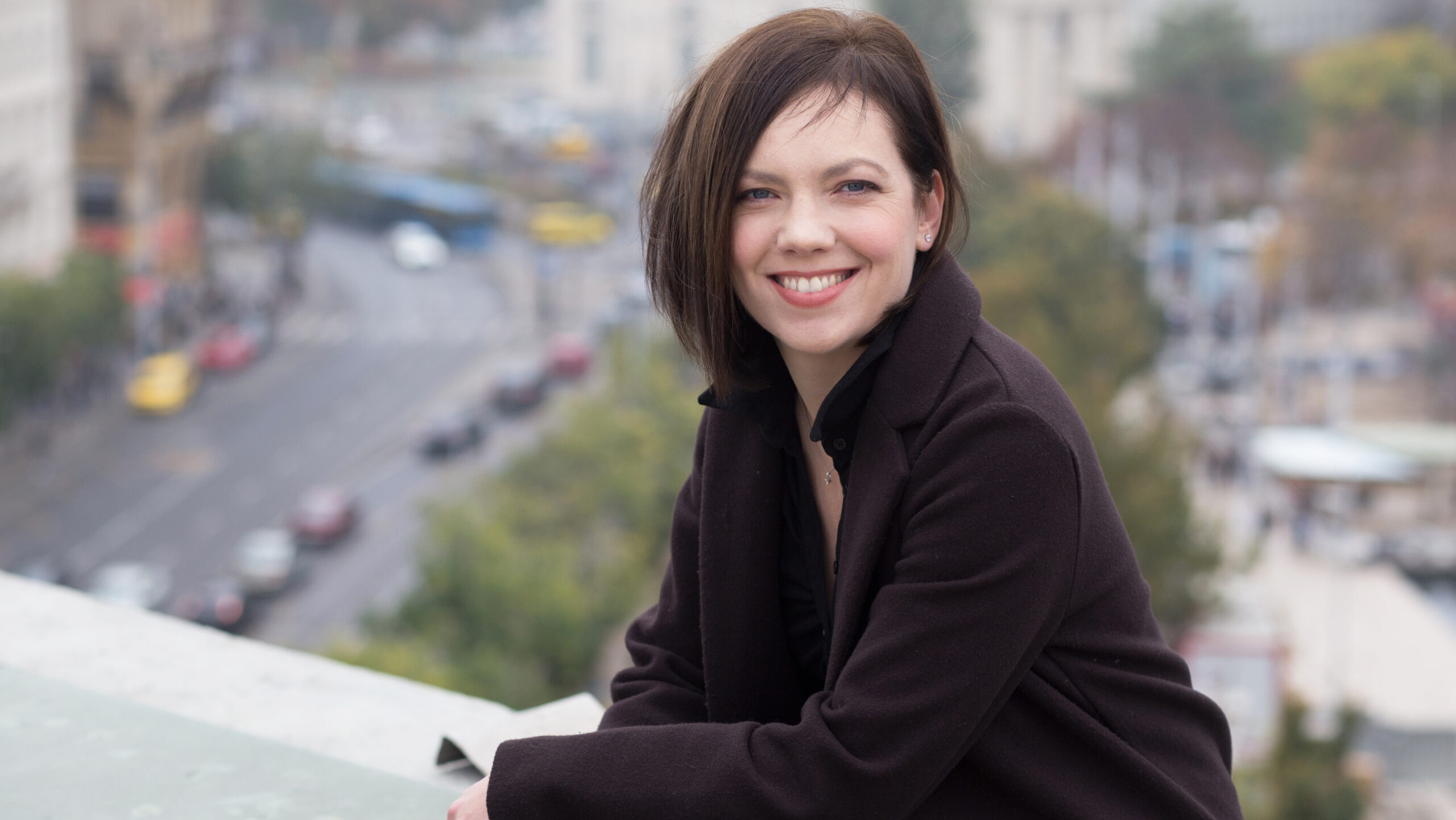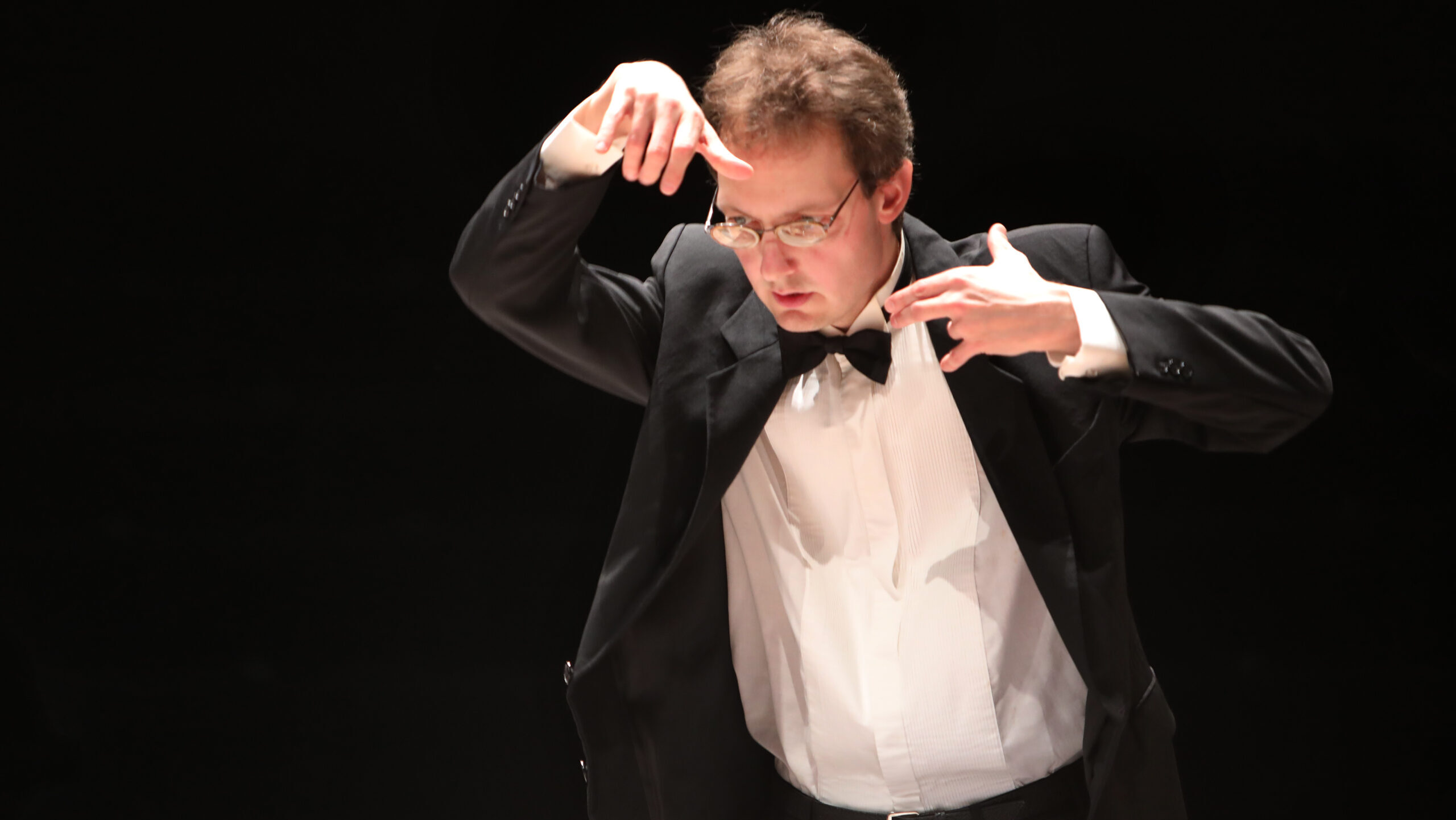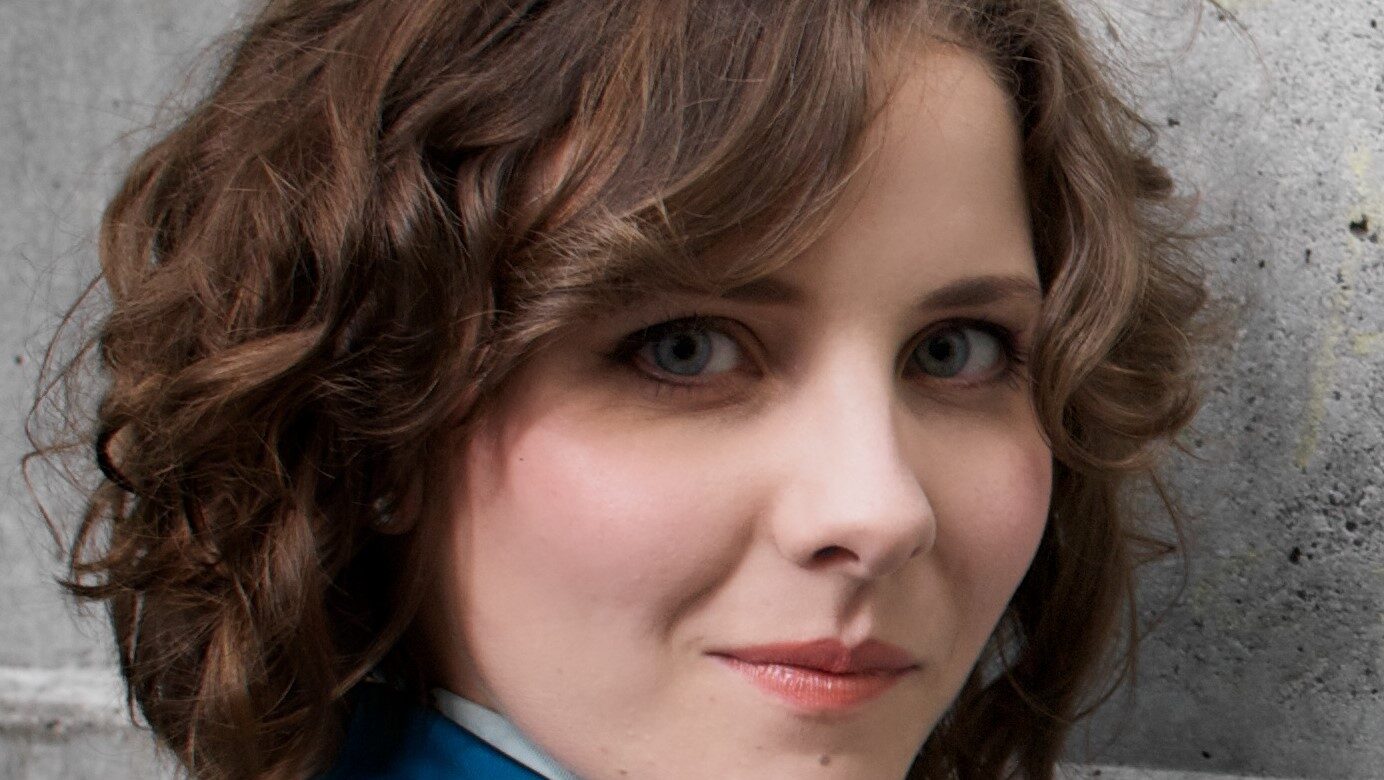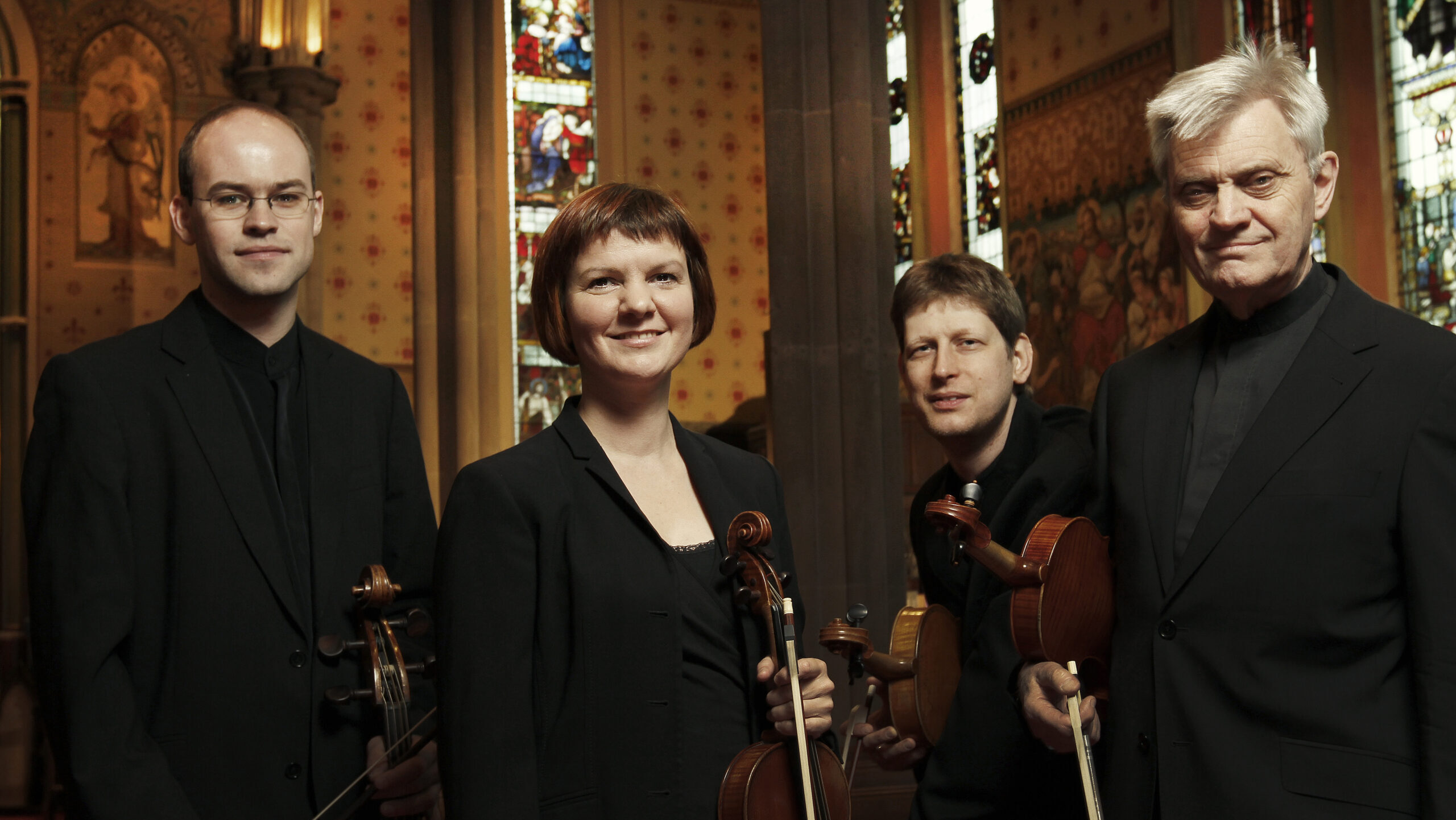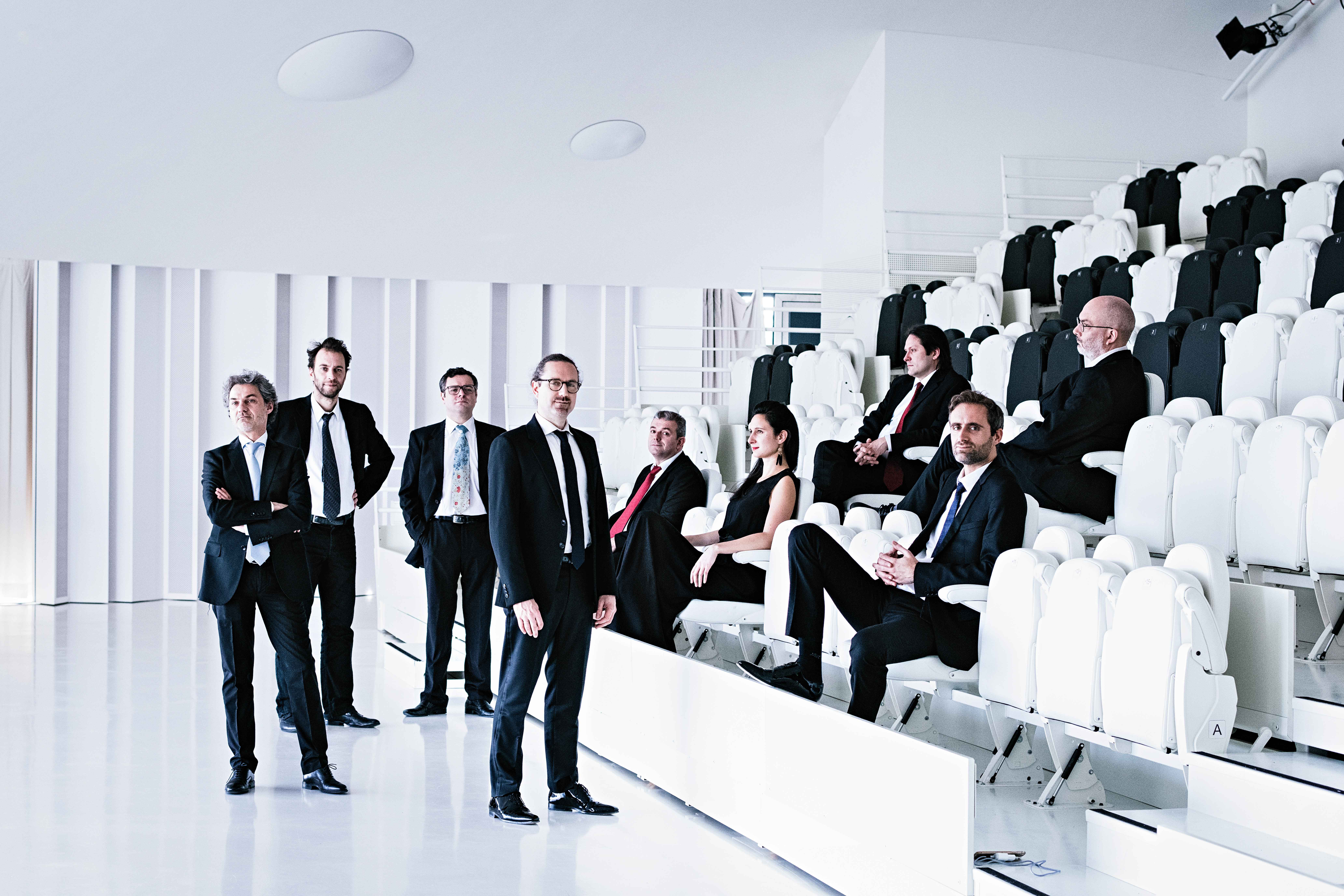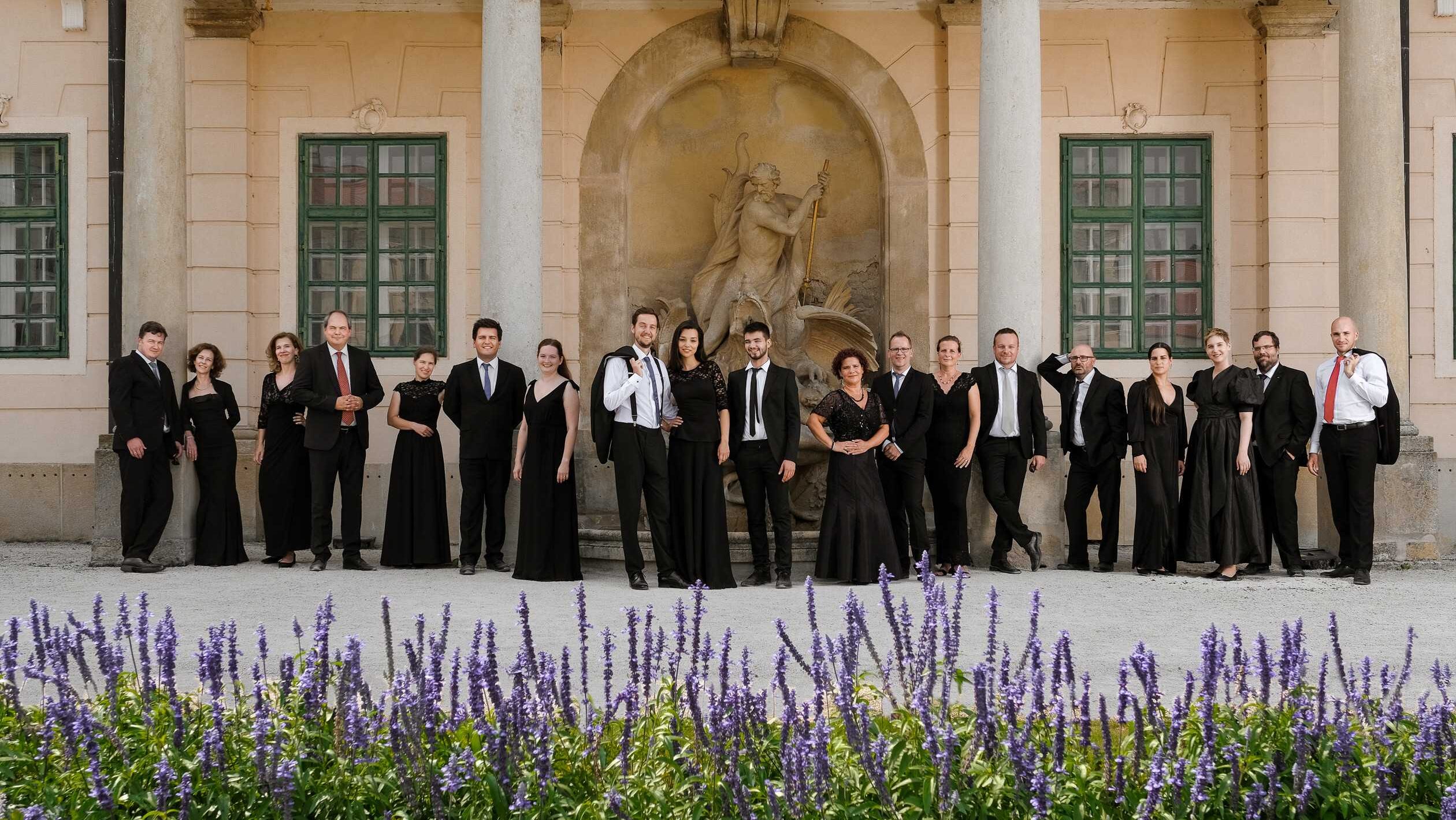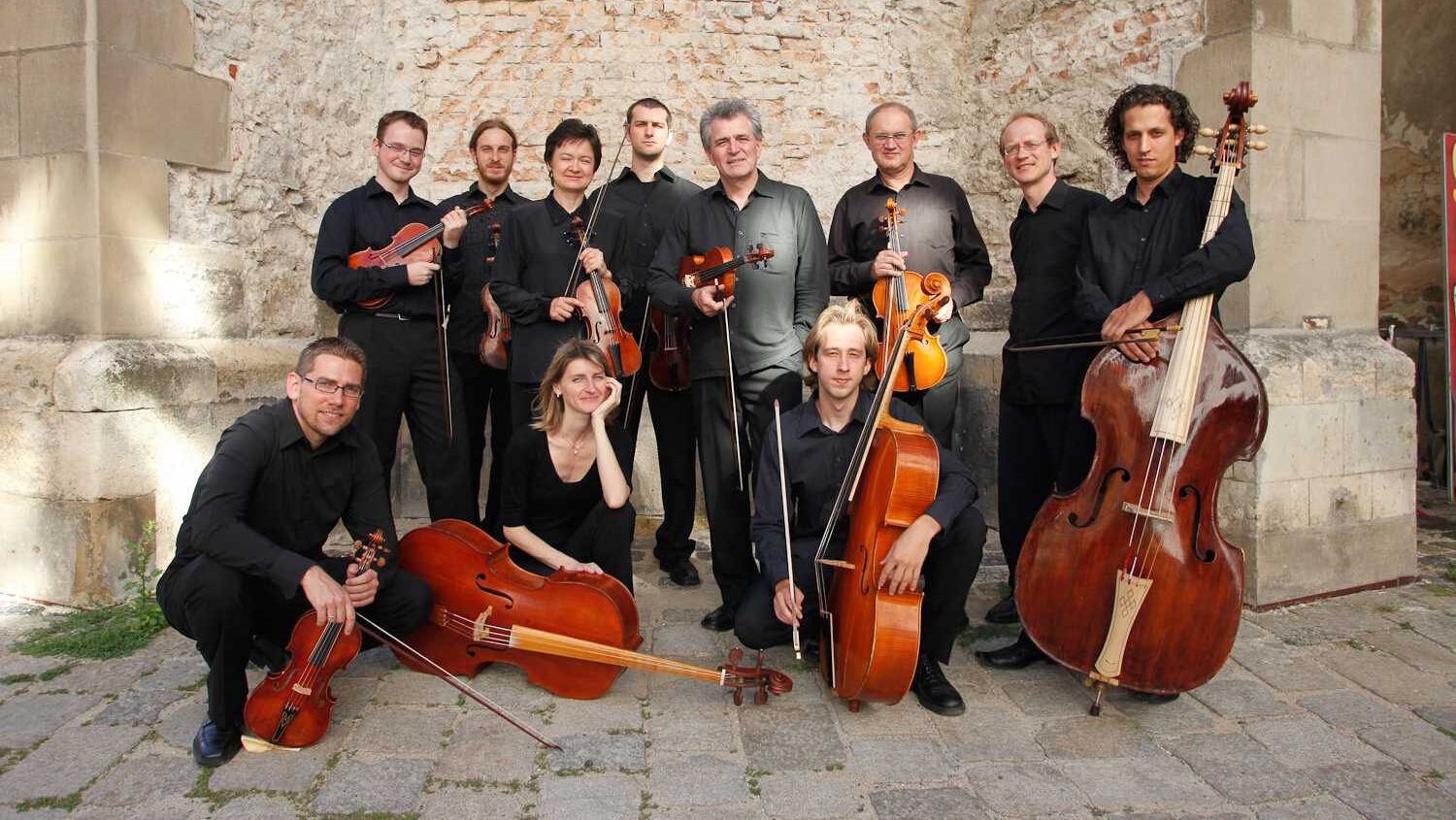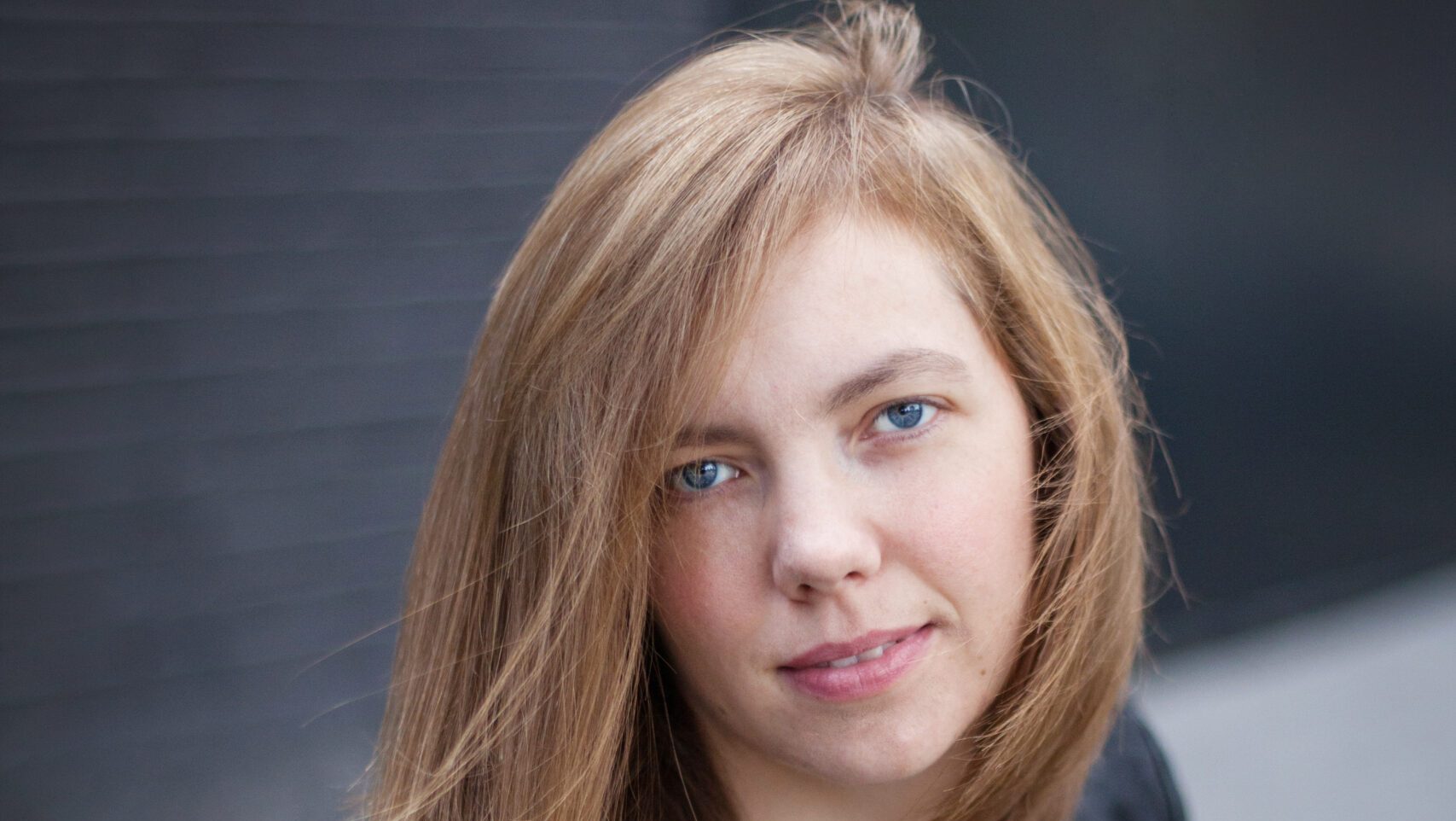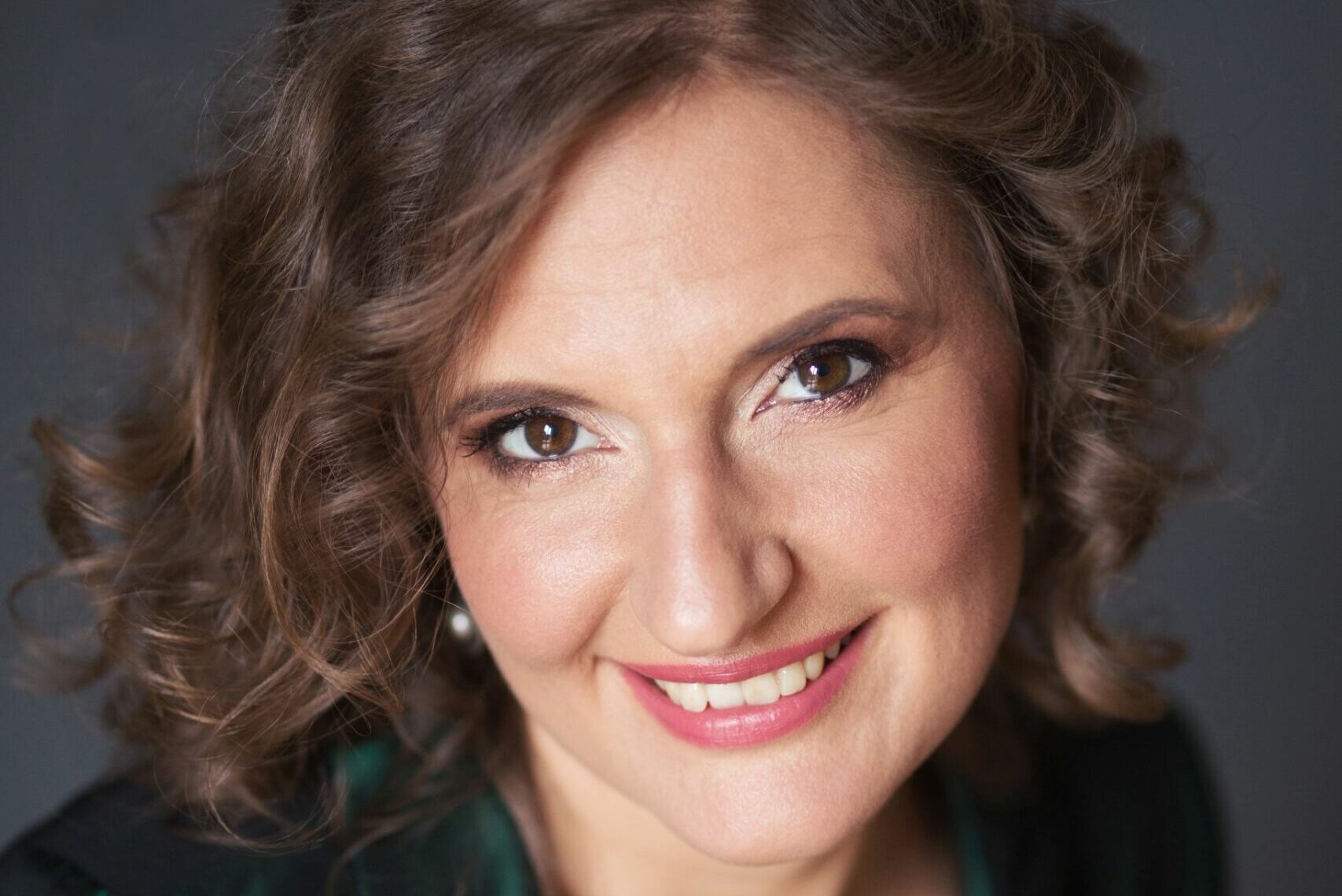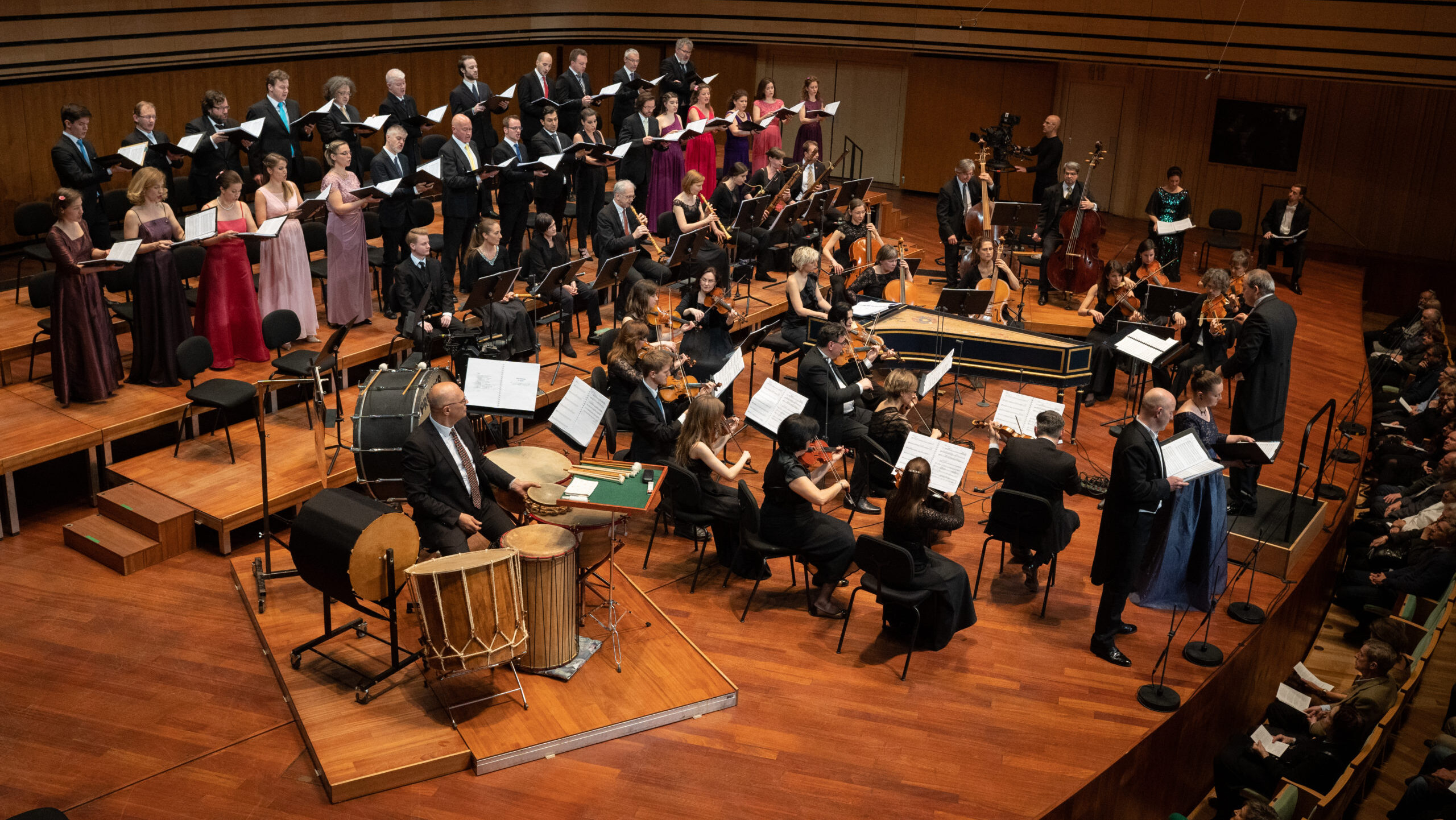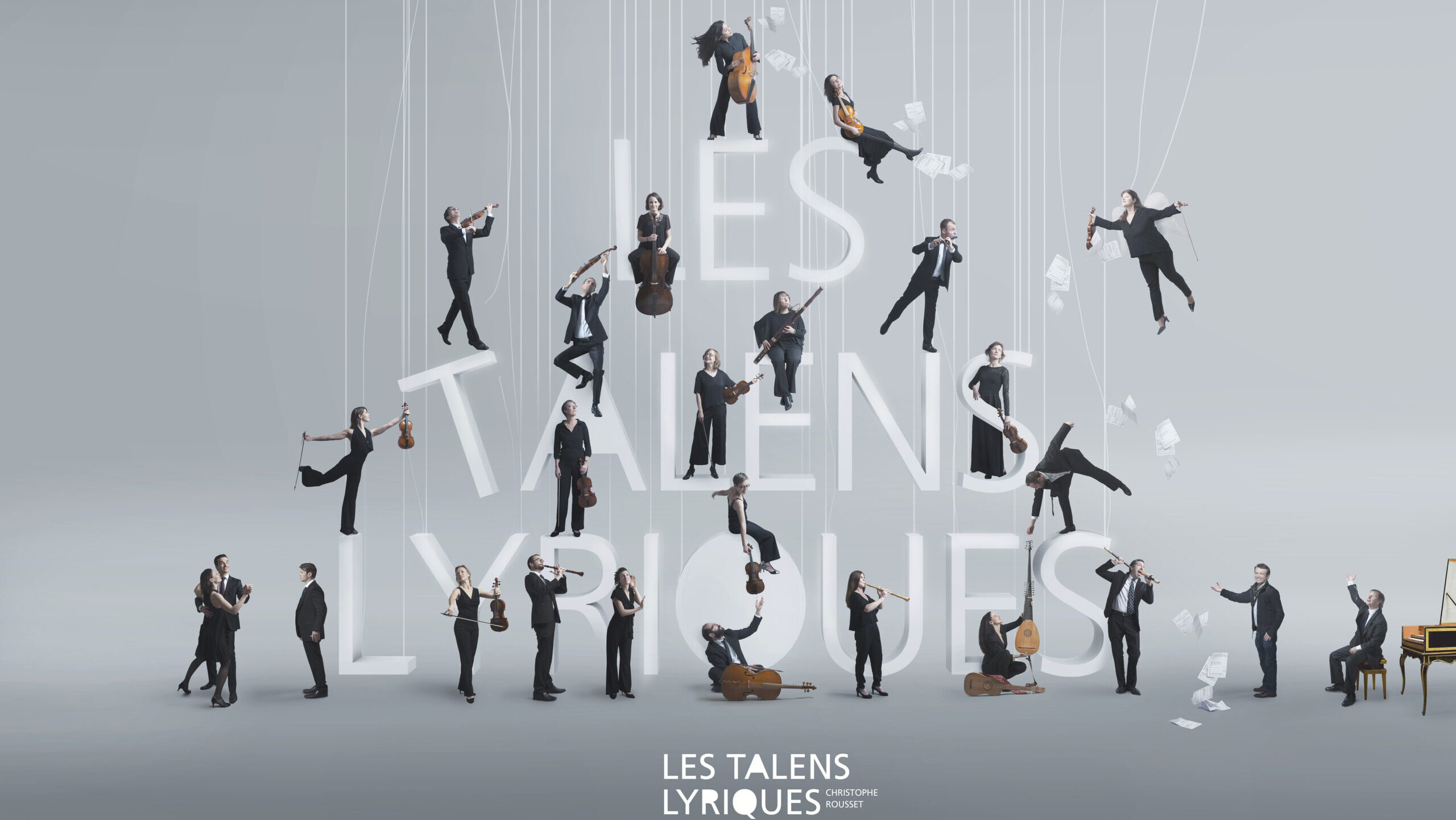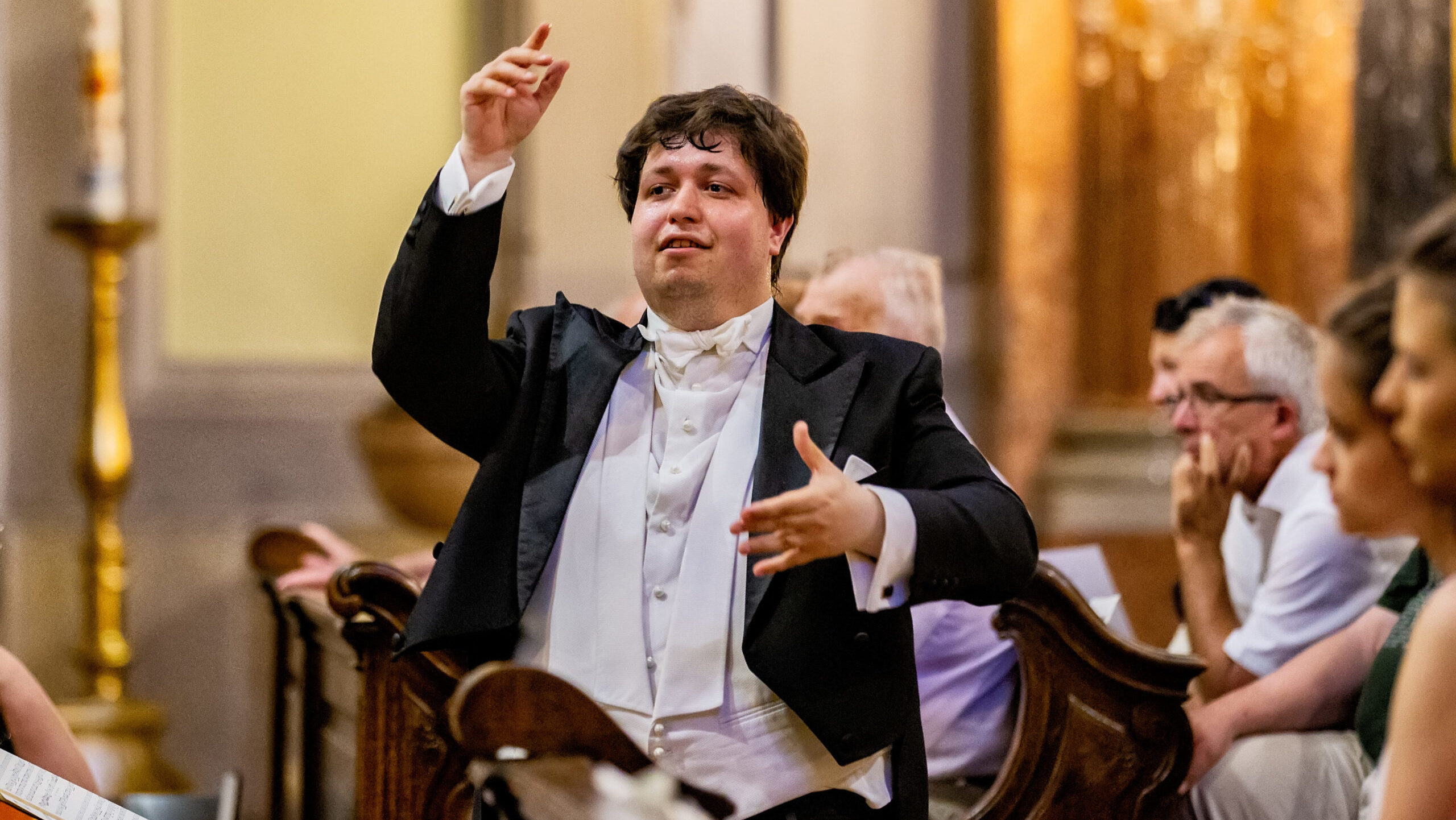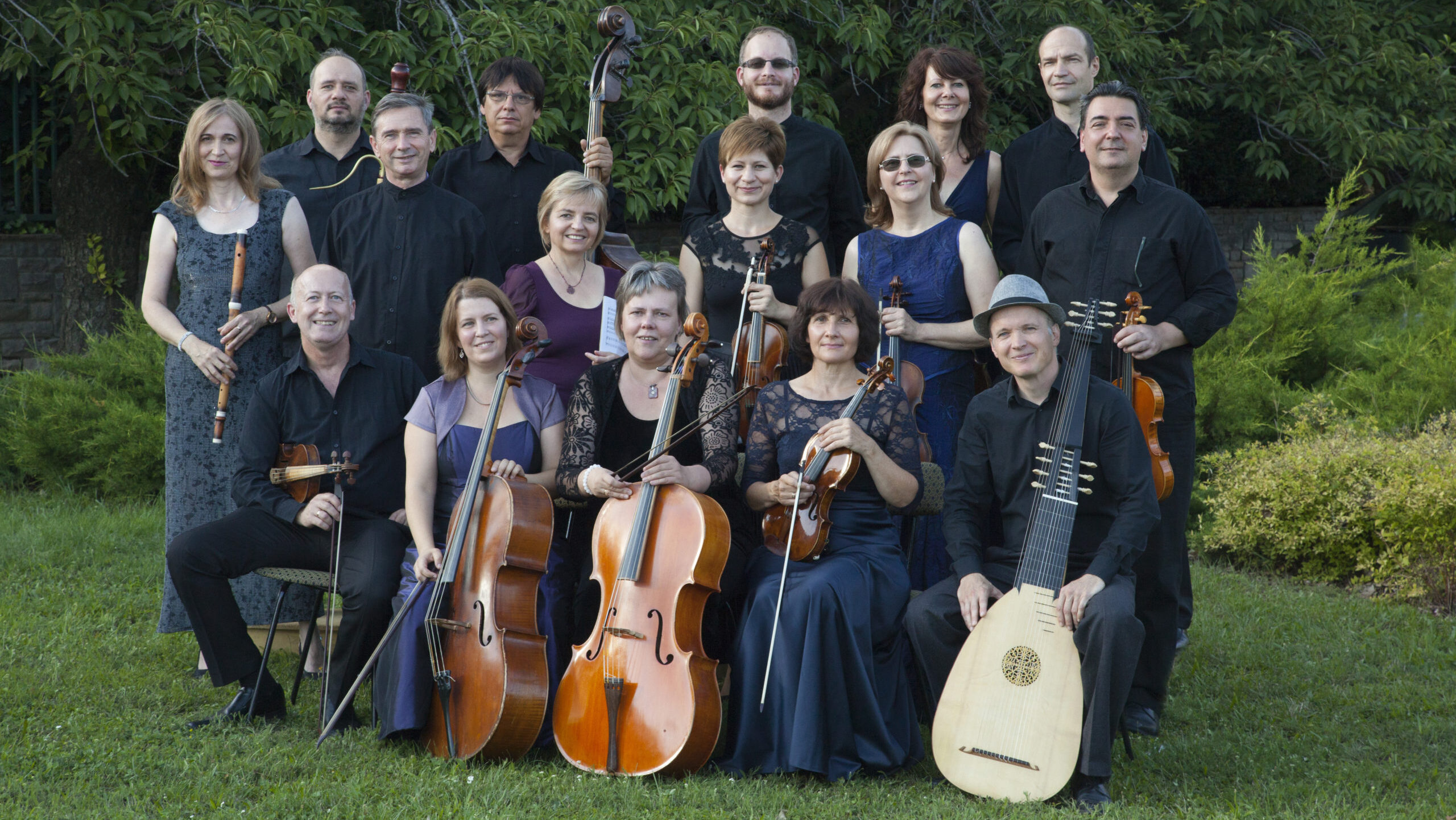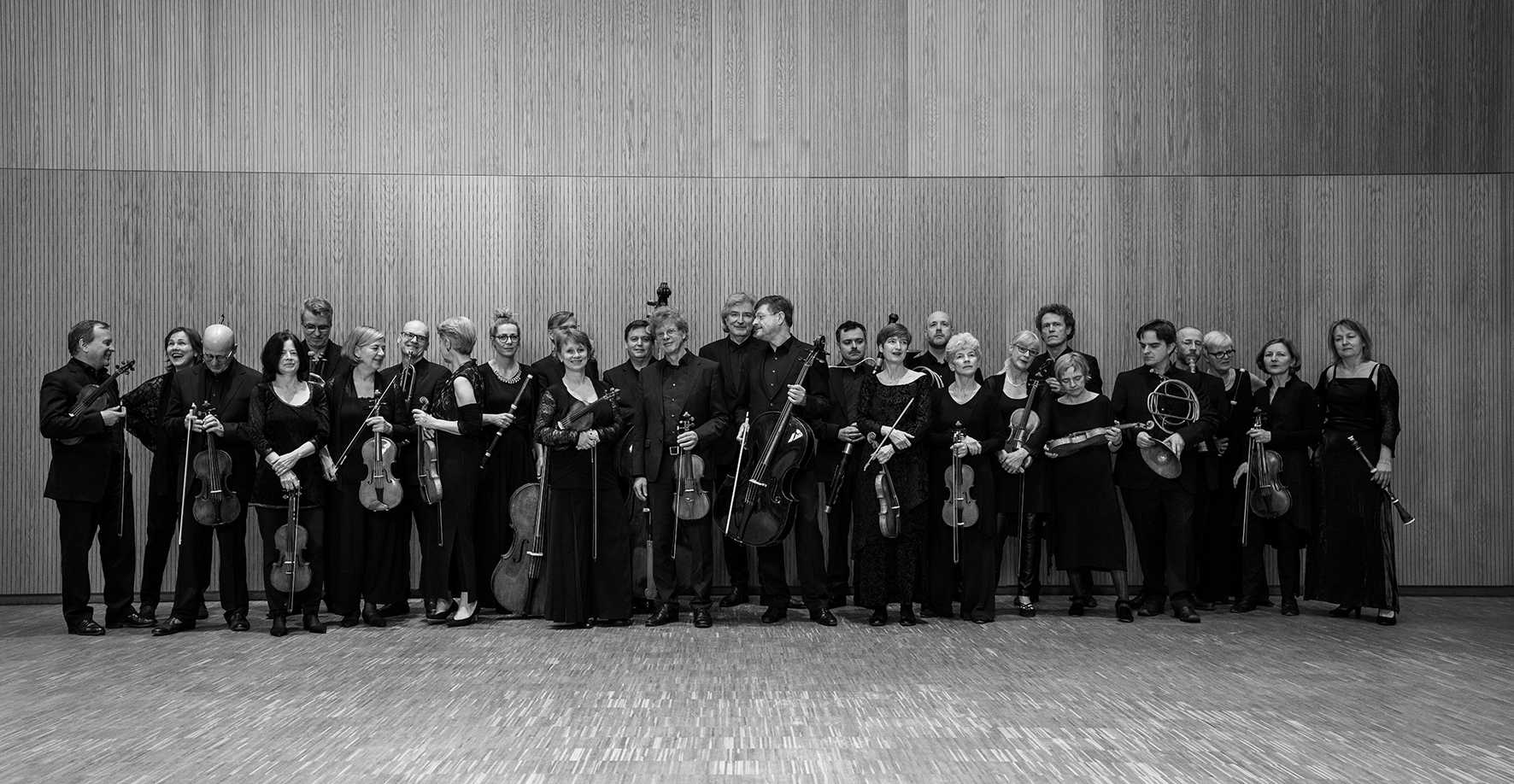Haydneum Autumn Festival
Archive
4th Haydneum Autumn Festival
7-10 November 2024
The festival offers exciting programs both for devoted admirers of early music and for young children just beginning to discover the world of music, attracting audiences through the diversity of its venues and genres alike. But perhaps an even greater attraction lies in the roster of performers: alongside Hungary’s finest early music artists, this year the festival will also welcome international stars such as flutist Anna Besson, harpsichordist Jean Rondeau, and lutenist Thomas Dunford.
Co-operating partner: Hungarian House of Music
3rd Haydneum Autumn Festival
10-12 November 2023
Between 10 and 12 November, the 3rd Haydneum Autumn Festival will present three concerts, each showcasing a different side of the great Viennese Classical composer Joseph Haydn. The opening concert, with the performance of the Missa Cellensis linked to the Marian cult of Mariazell, highlights the devotion of the composer of liturgical works. The second evening, featuring the two-act comic opera L’infedeltà delusa, turns the spotlight on Haydn as a stage composer of exuberant humor. Finally, the third program, with quartets by Haydn and Mozart, offers the refined and intimate pleasures of chamber music. An international cast of singers, the renowned Purcell Choir and Orfeo Orchestra, the world-famous Helsinki Baroque Orchestra, two distinguished conductors, Aapo Häkkinen and György Vashegyi, as well as the legendary Simon Standage’s string quartet, the Salomon String Quartet, all promise inspired and authentic performances.
2nd 3rd Haydneum Autumn Festival
25 October – 2 November 2022
Between 25 October and 2 November 2022, the Haydneum – Hungarian Centre for Early Music will hold its Autumn Festival in Budapest. Founded in the summer of 2021, the institution was at this time last year preparing for its first, highly successful Opening Festival, followed in June 2022 by the inaugural Sacred Music Festival and in August by the String Quartets at Eszterháza series. Throughout the year, the Haydneum has also collaborated with many partners from Hungary’s classical music scene. Today, the institution embarks on its second season enriched with valuable experience and a wealth of memorable musical encounters.
The hallmark of this year’s Haydneum Autumn Festival is diversity. The audience will be treated to five concerts, each remarkable in its own genre. All performances will feature period instruments, and the central concept ensures that Joseph Haydn appears in every program, accompanied by another composer or location—reflected in the subtitles.
“Haydn and London” – The festival’s main attraction sees two outstanding period-instrument orchestras, Paris’s Le Concert de la Loge and Budapest’s Orfeo Orchestra, share the stage to recreate the grand orchestral sound of 1790s London. Adding to the excitement, both ensembles will perform without a conductor, under the concertmaster direction of world-renowned violinist Julien Chauvin. Such initiatives have been rare in Europe over the past fifty years, making this one of the festival’s unmissable evenings.
“Joseph and Michael Haydn” – On 28 October at the University Church, the Purcell Choir, accompanied only by continuo and conducted by György Vashegyi, will perform. Praised in superlatives by the international press for their sound and professionalism, the choir rarely appears without an orchestra. This program brings together the Haydn brothers: Joseph, with very few surviving continuo-accompanied sacred works, and Michael, with a wealth of them. The core of the program is formed by Michael Haydn’s Salzburg Lenten Masses from the 1790s, which the choir recorded years ago for Hungaroton to considerable international acclaim.
“Haydn and Zimmermann” – On 29 October, the festival welcomes Bratislava to the Beethoven Hall of the Carmelite Monastery, represented by Musica Aeterna. Alongside Haydn, they will introduce chamber works by Anton Zimmermann. A composer who spent much of his life in Bratislava, Zimmermann was among the few in 18th-century Hungary whose works—especially his symphonies—achieved wide dissemination. This concert will showcase larger-scale chamber works that are seldom heard today. Founded in 1973 and based in Bratislava, Musica Aeterna is ranked among Europe’s leading period-instrument ensembles, led by distinguished violinist Peter Zajíček.
“Haydn and Beethoven” – On 30 October in the Solti Hall of the Liszt Academy, a new genre makes its festival debut: solo fortepiano combined with song. The program features internationally acclaimed Hungarian artists, tenor Zoltán Megyesi and fortepianist Petra Somlai, performing sonatas and song cycles. This evening will be a particularly unique highlight of the series.
On 2 November in the Grand Hall of the Liszt Academy, the festival concludes with “Haydn and Metastasio”. This evening is special as the Haydneum presents an opera for the first time (in concert performance): L’isola disabitata, Metastasio’s only libretto set by Haydn. The Orfeo Orchestra will collaborate with outstanding Hungarian soloists Ágnes Kovács, Eszter Balogh, Márton Komáromi, and Szilveszter Szélpál, under the baton of György Vashegyi.
In sum, this year’s Haydneum Autumn Festival offers five extraordinary programs – we warmly welcome everyone to join us!
Haydneum Opening Festival
4-6 October 2021
The Haydneum is dedicated to supporting the appreciation of early music in Hungary, as well as researching and promoting the Baroque, Viennese Classical, and early Romantic repertoire (1630–1830) with Hungarian connections. Accordingly, the Opening Festival presents to its audience both well-known and rediscovered composers of the era: alongside the institution’s namesake, Joseph Haydn, works by Johann Georg Albrechtsberger, Michael Haydn, Gregor Joseph Werner, Pál Esterházy, Francz Wenzel Zivilhofer, Benedek Istvánffy, Carl Maria von Weber, and Johann Nepomuk Hummel will be performed – some of them for the first time since the 18th century.
